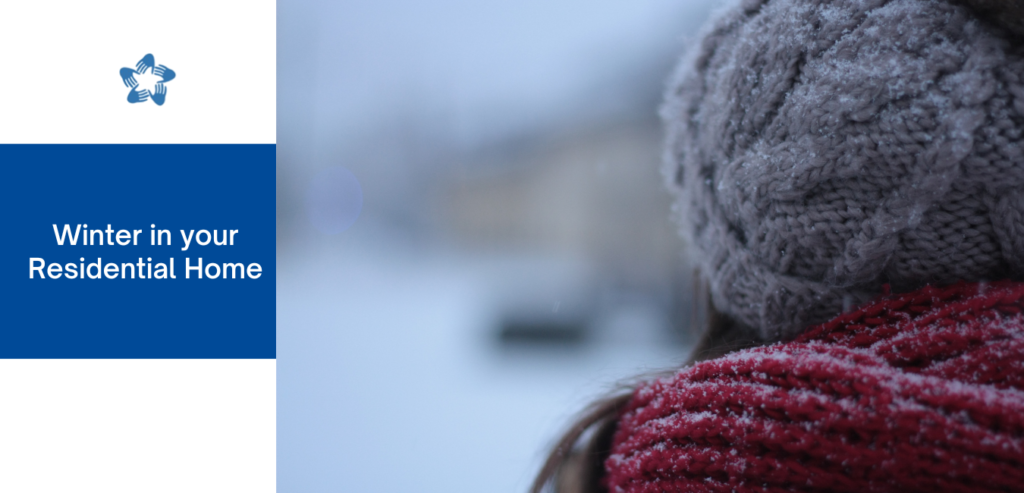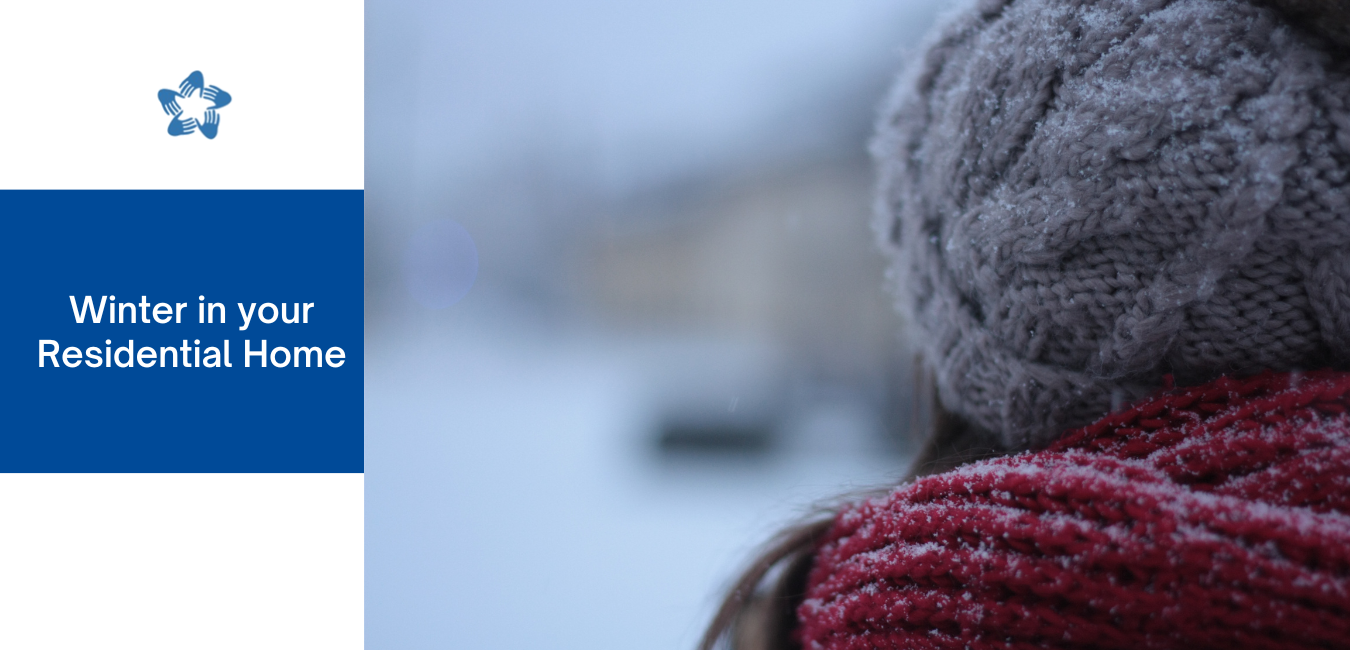Winter can be a beautiful time of year, however naturally it comes with an array of different challenges. With lower temperatures, an increase in viruses, and wetter weather preventing as much opportunity to go outside, winter time can start to take its toll on residents. Winter healthcare has also been made more complicated this year following on from the COVID-19 pandemic, with a rise in the impact of usually circulating viruses including the flu. Symptoms may therefore be longer lasting and more severe. Read on for the some tips below to help care for your loved ones or clients in residential homes today.
- Stay on top of your medication needs.
It is advised to book in for your flu jab, COVID-19 Booster and any other vaccines you may be eligible to receive, in order to reduce the risk of you becoming unwell over winter. Additionally, we believe that keeping a firmer track on your medication, both prescribed and over-the-counter is important too. This reduces the risk of you running out of anything, and having to organise medication in an emergency when it may be difficult to obtain. Finally, we recommend looking after yourself if you do feel unwell: stay indoors, drink plenty of fluids, and rest as much as possible.
- Eat for warmth. Food is a great way to ensure your body has enough energy, and can help to keep us warm during the colder winter months. Keeping your cupboards stocked with a basic supply of essential food and drink can be very helpful. Tinned soups, pastas, and breakfast cereals could be a good starting point. Snacks and meals that are easy to prepare and eat if you feel unwell are a great go-to. This helps to keep your strength up, and avoid weight loss, building up your fuel reserves.
- Wrap up warm. Try to keep your living space as warm as possible, with a minimum guideline of 18 degrees C. Closing curtains and windows at night time can be a helpful tip, and we recommend investing in some low-cost draft excluders to plug any gaps under the doors or in windows. A hot water bottle can also be a lovely way to feel toasty in bed! Layers in bed are also recommended, rather than one thick cover – this way, you can take off or add more layers depending on the temperature rising and falling. Finally, we recommend popping on a hat and some gloves to help reduce heat loss and keep you feeling cosy.

